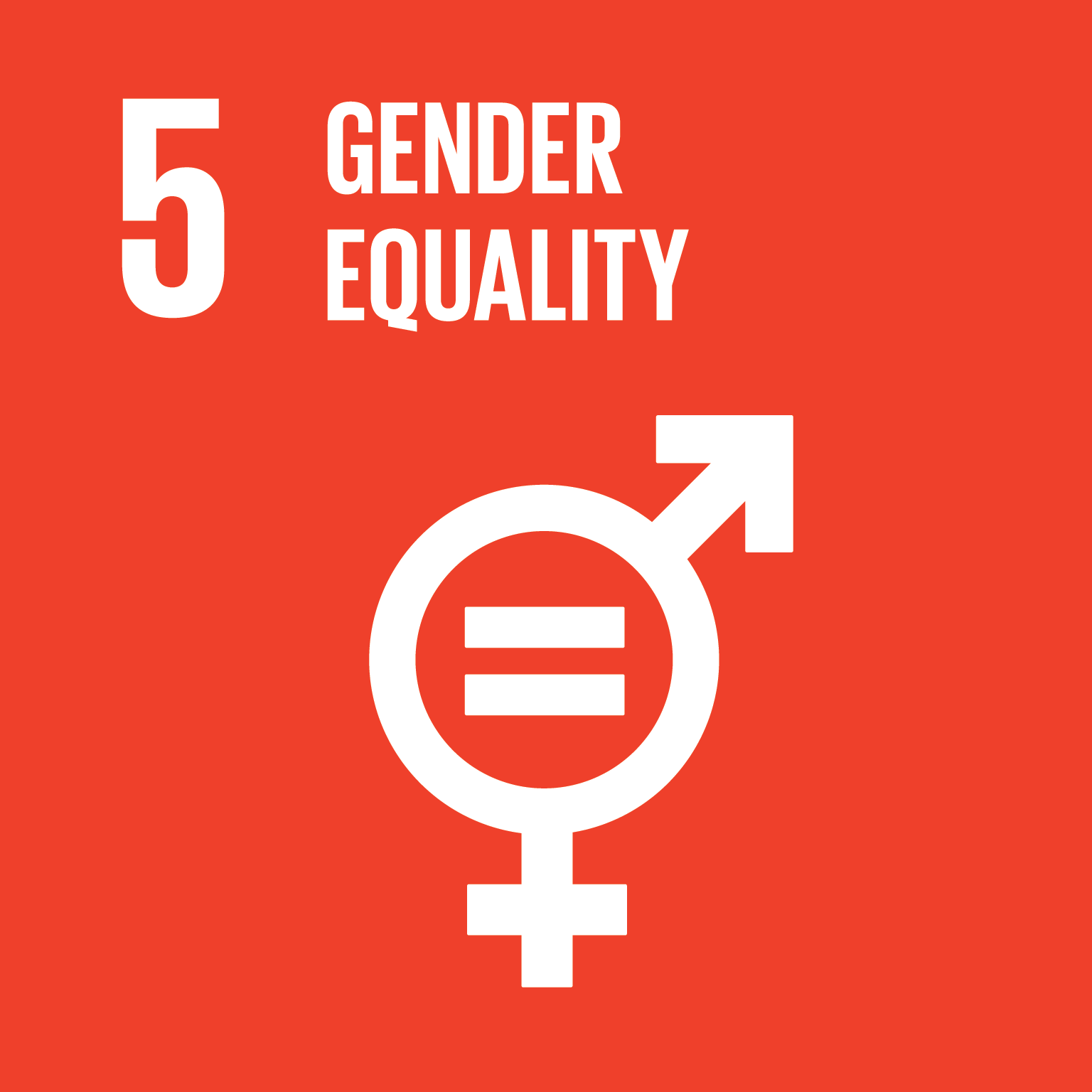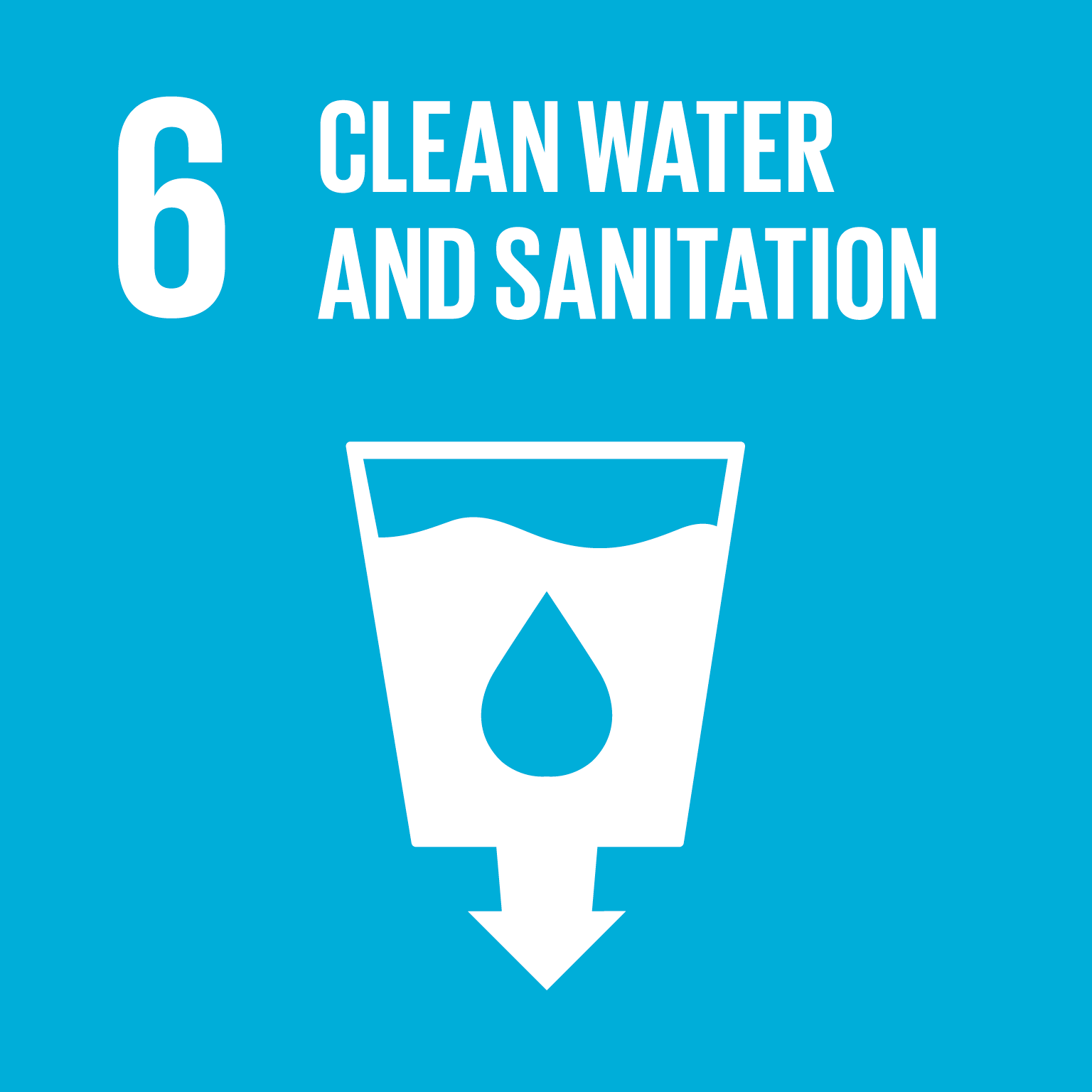
METHODOLOGY
Creating the list
The FoodTech 500 looks at international AgriFoodTech startup and scaleup companies that are acting as a force of good for creating a brighter future of food.
The first step when creating the final list is to manually validate every entry to create a shortlist of 500 finalists based on whether:
- The core company activity fits with our definition of AgriFoodTech as “The emergent sector exploring how technology can be leveraged to improve efficiency and sustainability in designing, producing, choosing, delivering & enjoying food” – Forward Fooding definition, 2019.
For this reason, applications from food corporations, very established organizations, consulting firms, accelerators, investors, and ecosystem enablers will not be considered valid. - The company is an incorporated entity and has an active website
- The company was formed less than 15 years ago
Once we validate all of the entries and shortlist the 500 winners, we process the data from each company’s application using the FoodTech Data Navigator‘s unique set of algorithms which provides us with the business size score and the digital footprint score. We then assess each business about their sustainability, using data coming from a self-assessed questionnaire, using a sustainability score devised by sustainability experts from the academic world that takes into account each Sustainable Development Goal the companies are achieving.
The FoodTech Data Navigator
Powered by Forward Fooding, the FoodTech Data Navigator is the world’s first AgriFoodTech ecosystem platform. This state-of-the-art data intelligence platform has the ability to capture and monitor the evolution of interconnected AgriFoodTech startup and scaleup companies, investors, corporate venture capitals and accelerators globally.
By merging multiple sources of data, we are able to provide insight-rich and up-to-date information about international AgriFoodtech players from across the world. The FoodTech Data Navigator is an integral part of the creation of the official list of FoodTech 500 companies.
Below we explain how we are going to rank the companies according to the following scores:

BUSINESS SIZE SCORE
The business size score is generated via a proprietary algorithm that predicts the business growth based on financial performance indicators which include the number of employees, funding stage, amount of funds raised to date as well as the number of offices from which they operate. The algorithm is controlled by a test center of multiple fast-growing company lists that are already available on the market.

DIGITAL FOOTPRINT SCORE
The digital footprint score is generated via a proprietary algorithm as a prediction of business digital presence growth based upon each company’s website traffic, social media performance, and following growth. The algorithm takes into account over 25 elements such as websites ranking on search engines, web traffic as well as the number of social media followers, traffic, and engagement.

SUSTAINABILITY SCORE
Sustainability is a measure that in our eyes underpins these businesses as FoodTech in nature. In collaboration with sustainability experts from the Department of Management of the University of Turin (Italy), we have built a scoring framework based on a selected number of Sustainable Development Goals from the United Nations.
SUSTAINABLE DEVELOPMENT GOALS
In the absence of a global framework to measure the business sustainability impact specifically for FoodTech companies, we have chosen to create a unique sustainability score that takes into consideration selected United Nation’s Sustainable Development Goals. Thus, based on self-assessment from the applicant, a certain number of points will be attributed to each question to derive their sustainability score with regard to the following Sustainable Development Goals:













The last step entails aggregating the three individual scores (business size, digital footprint, sustainability score) giving each finalist a score out of 300, which then determines their ranked position on the overall list and across the 8 different macro-categories we use to define AgriFoodtech
CREDITS
The 2020’s FoodTech 500 list is prepared under the direction of Alessio D’Antino. All information and data provided by the companies are reviewed and verified by Forward Fooding’s team. In addition, we used data provided by the FoodTech Data Navigator Intelligence, which deploys the Data Scouts technology to calculate the digital footprint score and the business size score.
The following individuals are collaborating with Forward Fooding’s team to bring to life the FoodTech 500 Methodology: Max Leveau, Lorena Mastromatteo, Lesley Bambridge, Mathilde Redshaw, Martina Schiavello among other collaborators. Special thanks to the sustainability experts from the Department of Management (University of Turin, Italy): Paola De Bernardi, Simona Grande and Alberto Bertello who were instrumental to develop the methodology for creating the sustainability score.
GENERAL DISCLAIMER ABOUT FOODTECH 500 METHODOLOGY
The data used to determine both the business size and the digital footprint score are derived from the FoodTech Data Navigator Ⓡ and will be processed on the 31st of December 2020. The model used to score businesses on sustainability relies on responses provided by the applicants in the form of a self-assessment survey and this information is not verified by other data sources. The responses for deriving the sustainability score are manually validated for quality and accuracy.
CONTACT US
If you have any questions or suggestions, we’d love to hear from you!


